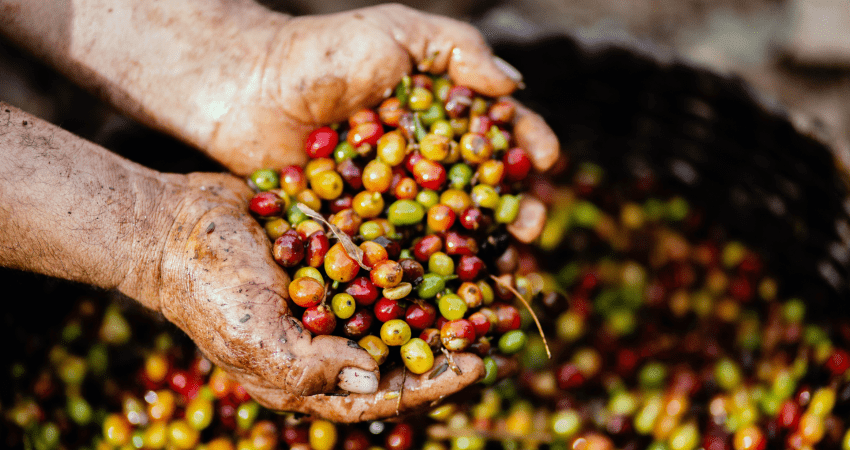IOM supports protocols to allow seasonal migrants to work in Costa Rica, despite the pandemic

Migrant workers are entering from Nicaragua to participate in the coffee harvest in the area of Los Santos, Costa Rica, thanks to a Binational Agreement between Costa Rica and Nicaragua that went into effect on November 2, 2020. IOM is supporting, under a comprehensive health protocol, the implementation of sanitary measures to prevent the spread of COVID-19 while facilitating regular and orderly migration.
"The implementation of this protocol is key to respond to the labor needs of both the coffee sector and migrant workers. The coordinated effort will allow a safe, orderly and regular migration, allowing the harvest to be carried out with the recommended health measures, protecting the health of the workers and the sustainability of the health system in pandemic conditions," explained Isis Orozco, coordinator in Costa Rica of IOM’s Regional Program on Migration.
The area of Los Santos is made up of several cantons, which are producers of high-quality coffee exclusively for export. In this area, 32,000 people are needed to harvest coffee in January, the season of highest production. Of these, about 21% migrate from Nicaragua.[1]
The security protocol requires that Costa Rican coffee producing companies assume the costs of transportation and COVID-19 tests that are performed randomly on 20% of the people entering the country.
Additionally, once migrants arrive at the farms, they must keep a 14-day quarantine as dictated by the Ministry of Health, and the concept of "labor bubble" has been created, which seeks to ensure that during their stay they always interact with the same people, without mixing with workers from other farms. To this end, coffee growers must provide the necessary food and lodging on each farm.
The agreement that made this process possible was supported by the International Organization for Migration (IOM), coordinated by the Costa Rican Coffee Institute, the Ministry of Agriculture and Livestock, the Ministry of Health of Costa Rica, the Costa Rican Social Security Fund, and the General Directorate of Migration and Aliens, and developed in conjunction with the Nicaraguan authorities of these institutions.
These efforts are carried out within the framework of the Western Hemisphere Program, financed by the U.S. Department of State's Bureau of Population, Refugees and Migration.